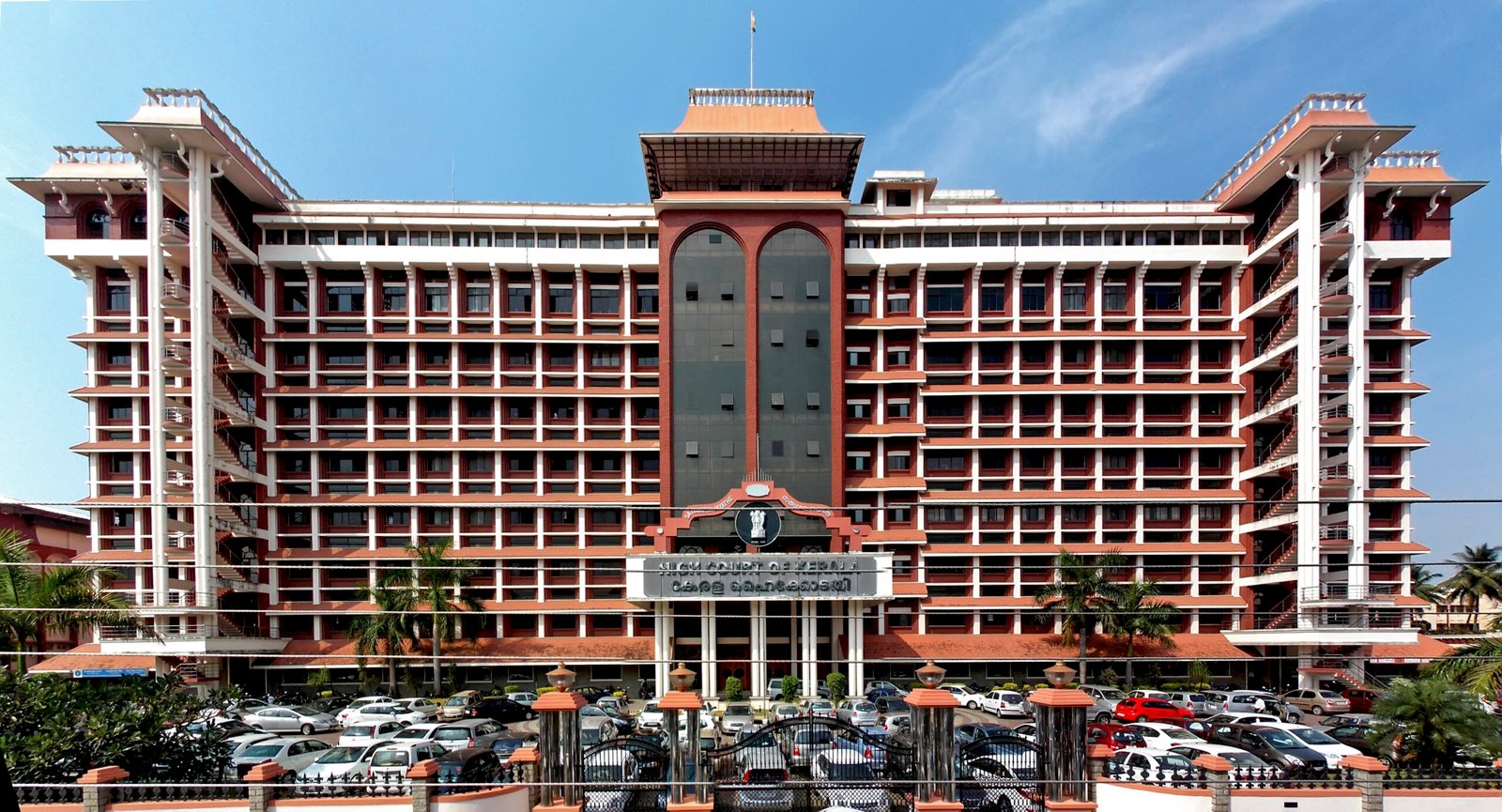Justice Muralidhar also said that the quick overturning of judgments by referring to larger benches also seriously questions the independent and impartial functioning of the judiciary.
Former Chief Justice of the Orissa High Court, S. Muralidhar, made a compelling statement on Thursday, emphasizing that the integrity of the judiciary is significantly compromised when the executive branch fails to implement or disregards court orders.
Speaking at an event organized by the Academy for Advanced Legal Studies and Training at the Kerala High Court, Justice Muralidhar underscored that adherence to court directives is an essential prerequisite for upholding judicial independence.
He referred to the recent extension granted to Sanjay Kumar Mishra, the former Director of the Enforcement Directorate (ED), who later resigned. Justice Muralidhar highlighted that the Central government had informed the Supreme Court that, despite the apex court’s ruling, it required additional time to identify a new director.
Additionally, he discussed the central government’s decision to file a review petition against the recent Supreme Court ruling that mandated the ED to provide probable cause for arrests in money laundering cases. Justice Muralidhar noted that the persistent challenge of orders and swift reversals through references to larger benches cast doubts on the independence and impartiality of the judiciary.
Delving into the topic of the court’s contempt jurisdiction, Justice Muralidhar expressed that the chambers exclusively dedicated to contempt matters often harbor frustration. He elaborated, stating, “The contempt jurisdiction of every court serves as an indicator of the extent to which court orders are respected, not only by individuals but, more importantly, by the state.”
Furthermore, Justice Muralidhar stressed that hindering the judiciary’s ability to operate with a full staff impedes its independence. He cited instances where consultations for appointments had been delayed for several months. He emphasized that while it is one thing for the government to consent to an increase in sanctioned strength, the process is hindered by various factors, creating an environment that is not conducive to promptly filling vacancies. As he succinctly put it, “The government, the judiciary, and the bar all play important roles.”



